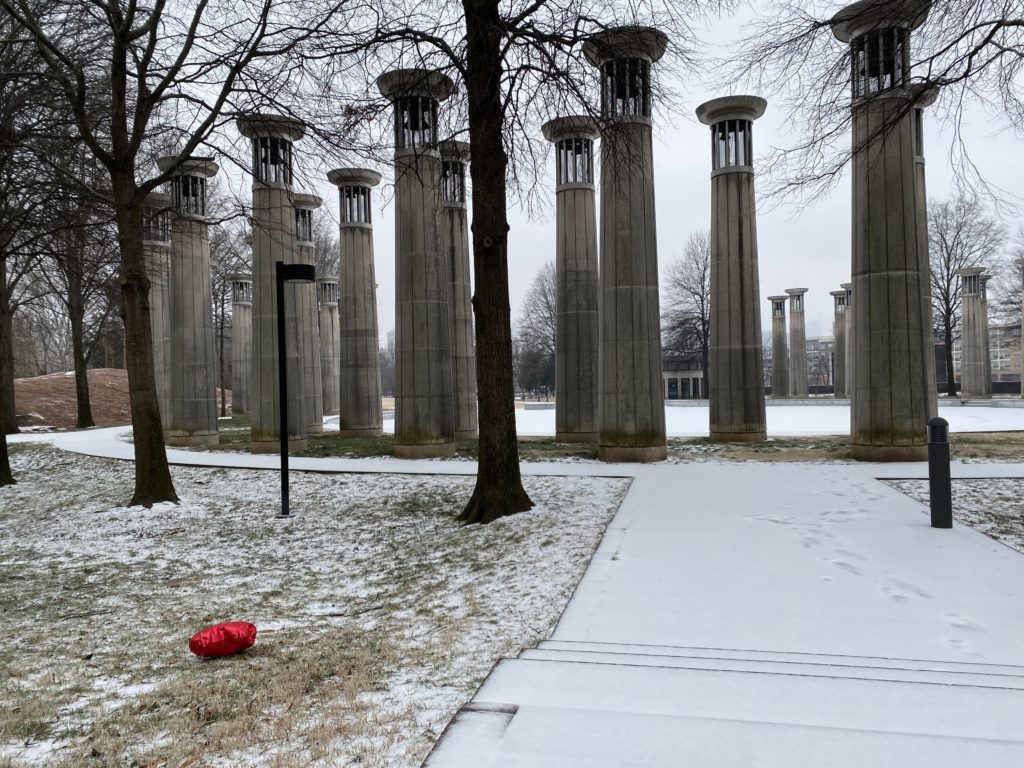
It is rare for Middle Tennessee to have such extreme cold temperatures, but shelters for people without housing are ready to meet demand, in part thanks to facilities created at the start of the pandemic.
As temperatures plummeted, the number of people seeking shelter in Middle Tennessee rose.
Major Ethan Frizzell, area commander for the Salvation Army, spent the day driving around in his pickup truck delivering food. He says small shelters in Nashville may run out of space, but the city’s facilities at the Fairgrounds can make space as needed.
“The city makes sure that there’s additional available room,” Frizzell says. “It won’t be a matter that there’s not room in the city, but it may be a matter that there may not be room at a preferred shelter.”
The old Fairgrounds were converted to a shelter space during the pandemic to help keep crowding down in facilities across the city. When temperatures fall below freezing, the space is expanded as a cold weather shelter with capacity for 300 people.
Local shelter Nashville Rescue Mission is housing more than 500 people as of Tuesday, with room for 100 more at their downtown locations. Shelters like the Mission don’t only have the cold weather to compete with, but also the additional challenges of providing shelter during a pandemic.
When someone arrives at the Mission, they are given 48 hours and transportation to get tested for COVID-19 at Nissan Stadium. Once they are tested, they either remain at the Mission or are transported to the Fairgrounds.
Cheryl Chunn with the Mission says the most vulnerable people, like those in wheelchairs or with limited mobility, stay at the Mission because it is more handicap accessible.
Frizzell says there are more than 1,500 people without stable housing in Nashville. But outreach worker Tiffany Ladd with the Salvation Army says some would rather brave the elements than come into the shelters.
“Those who have the resources to safely — in their opinion — remain in their tents, will stay,” Ladd says. “Those who do not have those resources are more willing to take advantage the social service network available in the city that can lead to temporary and permanent housing solutions.”

